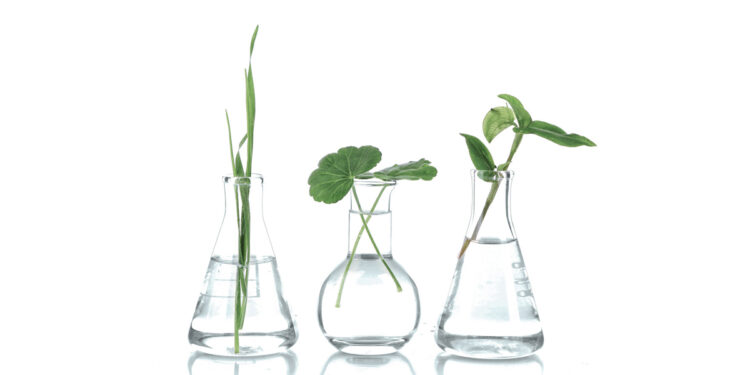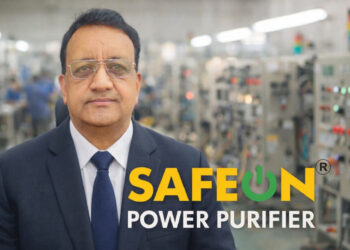Mumbai (Maharashtra) [India]: By 2050, specialty chemicals company LANXESS aims to make its entire value chain climate-neutral. The Flavors & Fragrances business unit is leading the way: it will offer sustainable product variants for its entire portfolio of flavours and fragrances, preservatives and animal nutrition products by the end of 2023. The business unit’s most important products include the preservatives Kalaguard and Purox as well as flavours and fragrances under the Kalama and Purolan brands.
Holger Hueppeler, Head of the Flavors & Fragrances business unit, says: “With the transformation of our production, we are pioneers in offering sustainable products and are actively shaping the development towards more sustainability in the personal and home care industry. At the same time, we are helping our customers to achieve their own sustainability goals.”
The portfolio shift meets a market where sustainably manufactured products are becoming increasingly important. In the past five years, the share of sustainably certified products in all new registrations in the personal care and home care sector has doubled, reaching 22 per cent in 2022.
Sustainable raw materials, green energy
To supply sustainable raw materials, the business unit has entered into strategic collaborations with its key suppliers. The sustainable raw materials portfolio includes bio-based and circular raw materials as an alternative to crude oil derivatives, but also raw materials with a reduced carbon footprint thanks to the use of renewable energies, e.g. sustainable electrolysis products.
In addition, LANXESS focuses on certified materials in accordance with the ISCC PLUS mass balance approach when using sustainable raw materials in its production facilities.
The switch to sustainable energy is also taking place in the company’s own production. The Flavors & Fragrances business unit has signed new supply contracts for green electricity for the Botlek (Netherlands) and Krefeld-Uerdingen sites. In Nagda (India), electricity and steam are now generated from biomass. With further measures for process optimisation and residue recycling, the CO2e emissions of the entire business unit have dropped by more than a third since its foundation in 2021, from about 360,000 tonnes to around 230,000 tonnes annually. And more projects are in the pipeline.
ISCC PLUS certification for all locations
A prerequisite for the sustainable offer is the ISCC Plus certification of all five production sites of the business unit. The sites in Krefeld-Uerdingen (Germany), Botlek (Netherlands) and Nagda (India) are already certified. The sites in Kalama (USA) and Widnes (England) are to follow by mid-2023. The certificate ensures transparency about the use of sustainable raw materials along the entire value chain and is becoming the benchmark standard in the chemical industry.


















